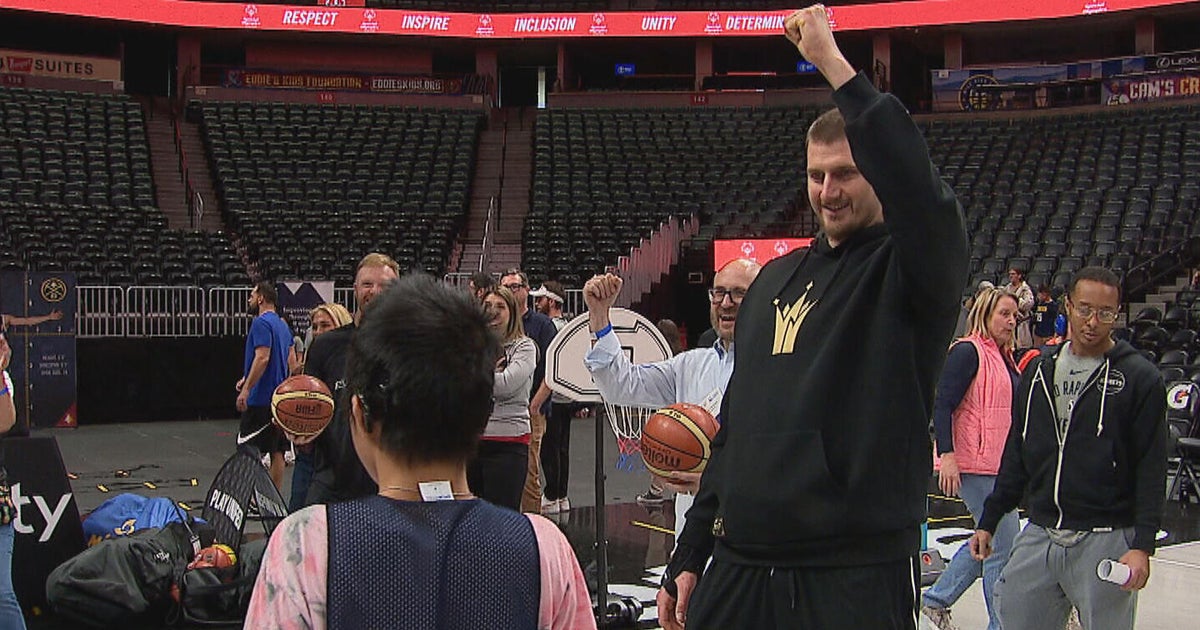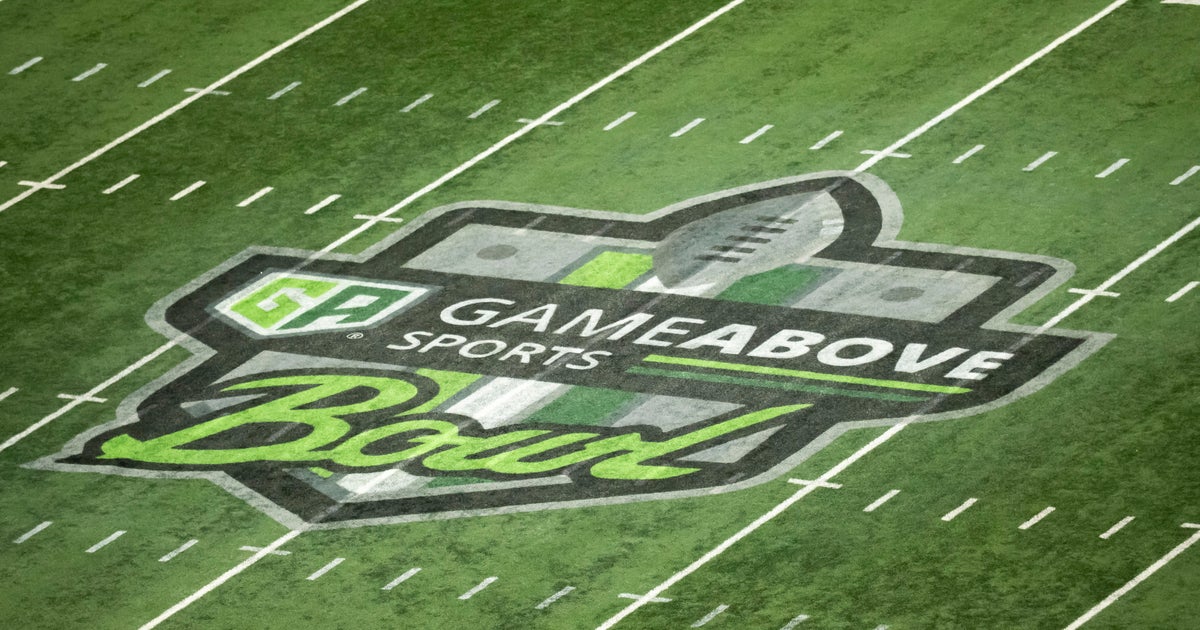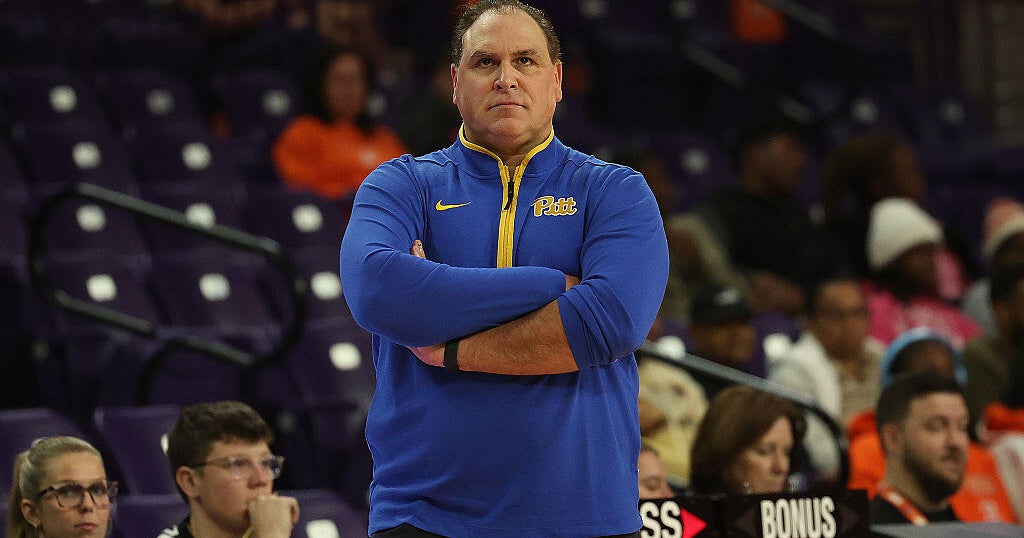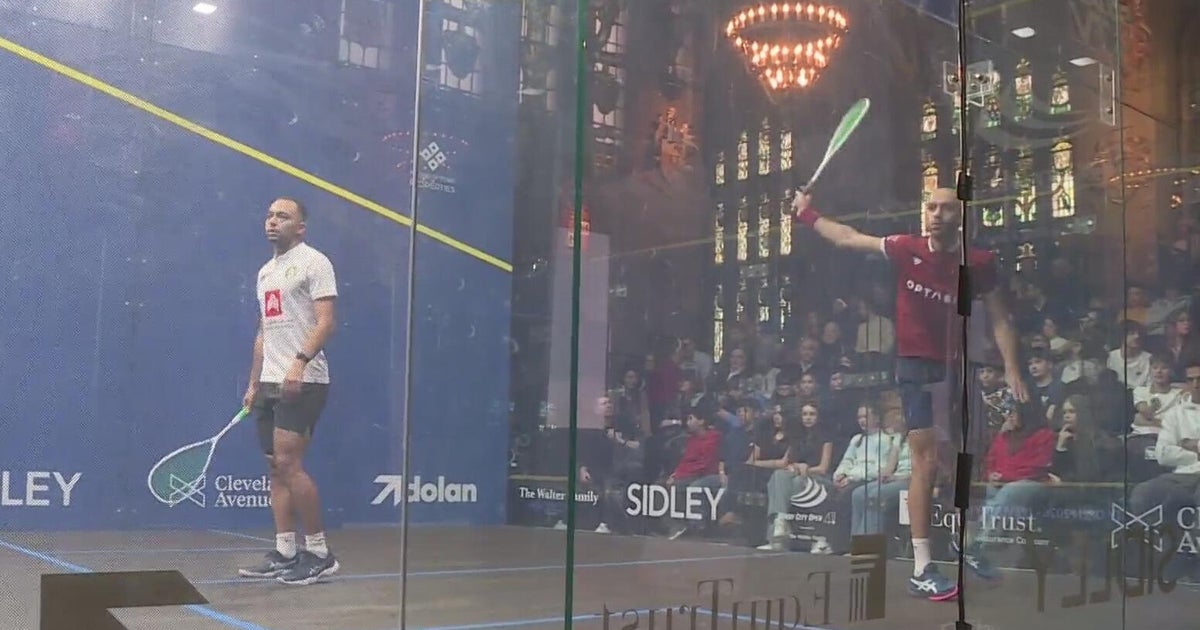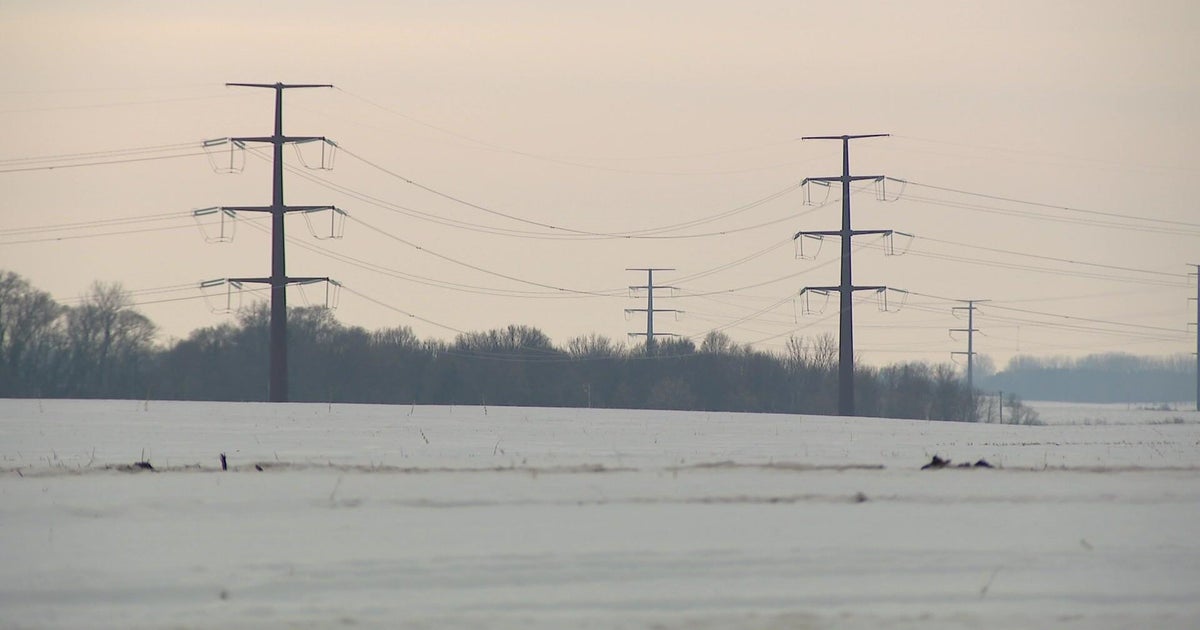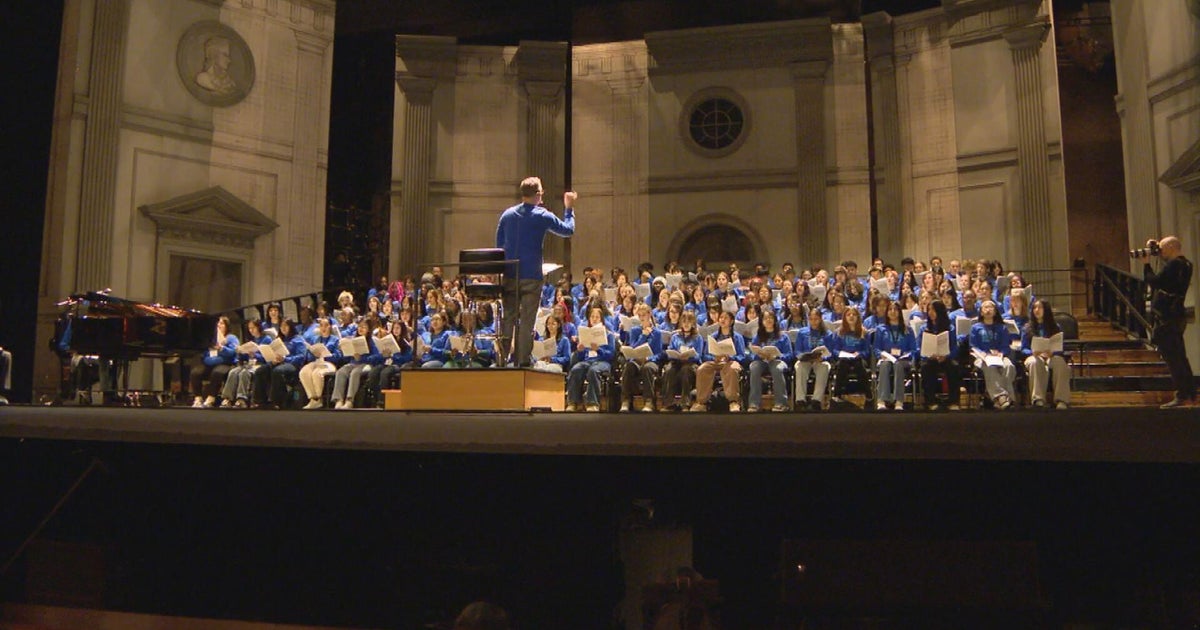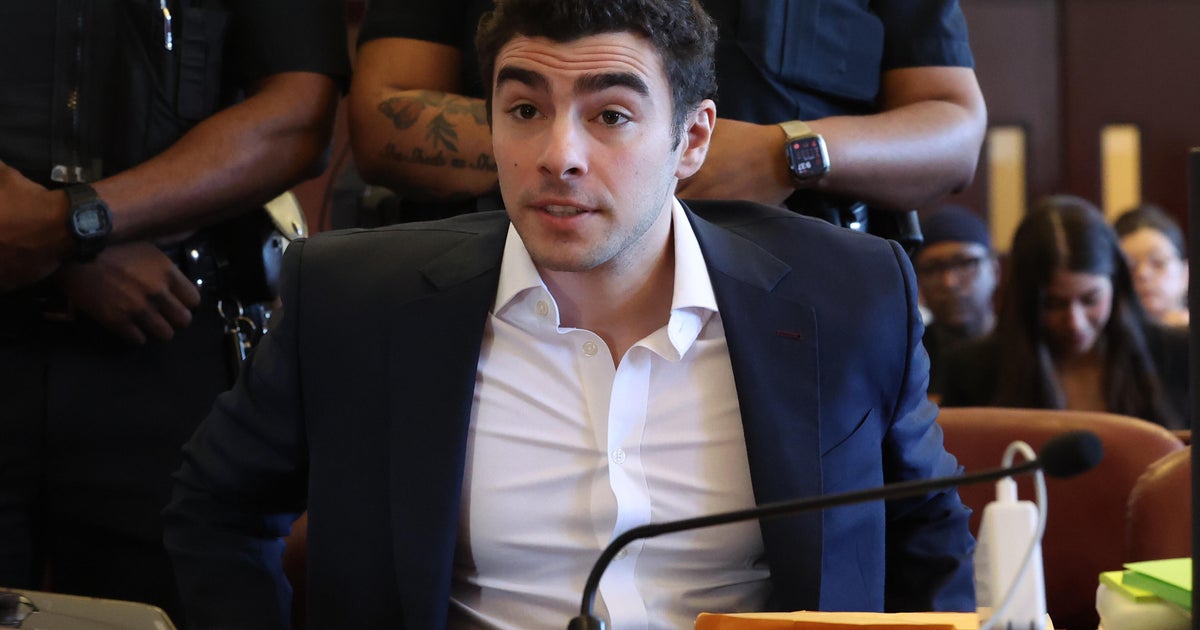Thompson: Pay Student-Athletes? Sure, But How?
By Brad Thompson--
CHICAGO (WSCR) Last week, Big Ten Commissioner Jim Delaney said that conference officials discussed the possibility of paying their student-athletes. The idea of paying college athletes has been talked about, discussed and debated for years now. I think it's a great idea, but how to do it remains a complicated issue.
In the revenue generating sports of football and basketball, student-athletes are responsible for bringing in millions of dollars to their athletic departments and universities. The players and their likeness are used to market and promote the school. Because of their ability and success on the field or court, universities receive huge chunks of money from numerous revenue streams, especially massive television deals.
The success of the Big Ten Network has led to other leagues and schools starting their own networks, such as the Pac-12 Network and the Longhorn Network. This only increases a school's revenue and publicity of athletes. In short, if football and basketball players of big-time college programs are driving millions of dollars to their university, haven't they earned at least a little bit of this money?
I realize the value of an education can be priceless, so D-I student-athletes are being compensated. They receive full-ride scholarships that over the course of four or five years can be worth more than $100,000. As special as a scholarship and subsequent education is, the players should also be given extra money. The Big Ten discussed a proposal that would provide athletes a stipend of between $2,000 and $5,000 a year.
The problem with paying college athletes is how to do it. Do universities pay only the student-athletes in revenue-generating sports? Can they pay some student-athletes and not others?
Besides determining which athletes get paid, an even bigger problem is the fact that not every school can afford to do this. Smaller D-I programs would not be able to pay their athletes. The gap between the haves and the have-nots is already wide; paying athletes would only increase this margin.
The recruiting advantage for a school that pays their student-athletes versus one that doesn't would be substantial. This could impact smaller programs from competing with teams from the major power conferences. If some universities provide a stipend to athletes and others don't, parity in college athletics would diminish. It would facilitate a situation where the rich get richer. It's no surprise that the Big Ten is leading the charge on this.
If a university or conference pays one student-athlete, I think it has to pay every student-athlete. I don't see how a school could pay only their football and basketball players, even though these are the sports that bring in the money. If all student-athletes are paid it separates the big schools from the small ones even more. Even fewer universities would be able to pay if all athletes were provided a stipend.
On the surface, the idea of paying student-athletes makes sense. These individuals bring in millions of dollars in revenue so why should they be monetarily compensated for it? Beneath the surface, however, it becomes clear that there is no easy or fair way to do this. With as many issues and sanctions as the NCAA is currently dealing with in football and basketball, I don't see how the NCAA could see paying athletes as a viable option.
As much as I think the student-athletes deserve to be paid, the issues and problems that it would cause are too many. I'm sure athletes will be paid eventually, but until someone comes up with a way to do it that benefits all programs and athletes, I don't think it should happen
Do you agree with Brad? Post your comments below.
Brad M. Thompson, a former college football player and coach, made his return to the Midwest in 2009 after fighting wildfires out West. He earned his master's degree from the Medill School of Journalism at Northwestern University and covers the Big Ten Conference and Chicago sports. Follow him on Twitter at @Brad_M_Thompson. Find more of Brad's blogs here.
